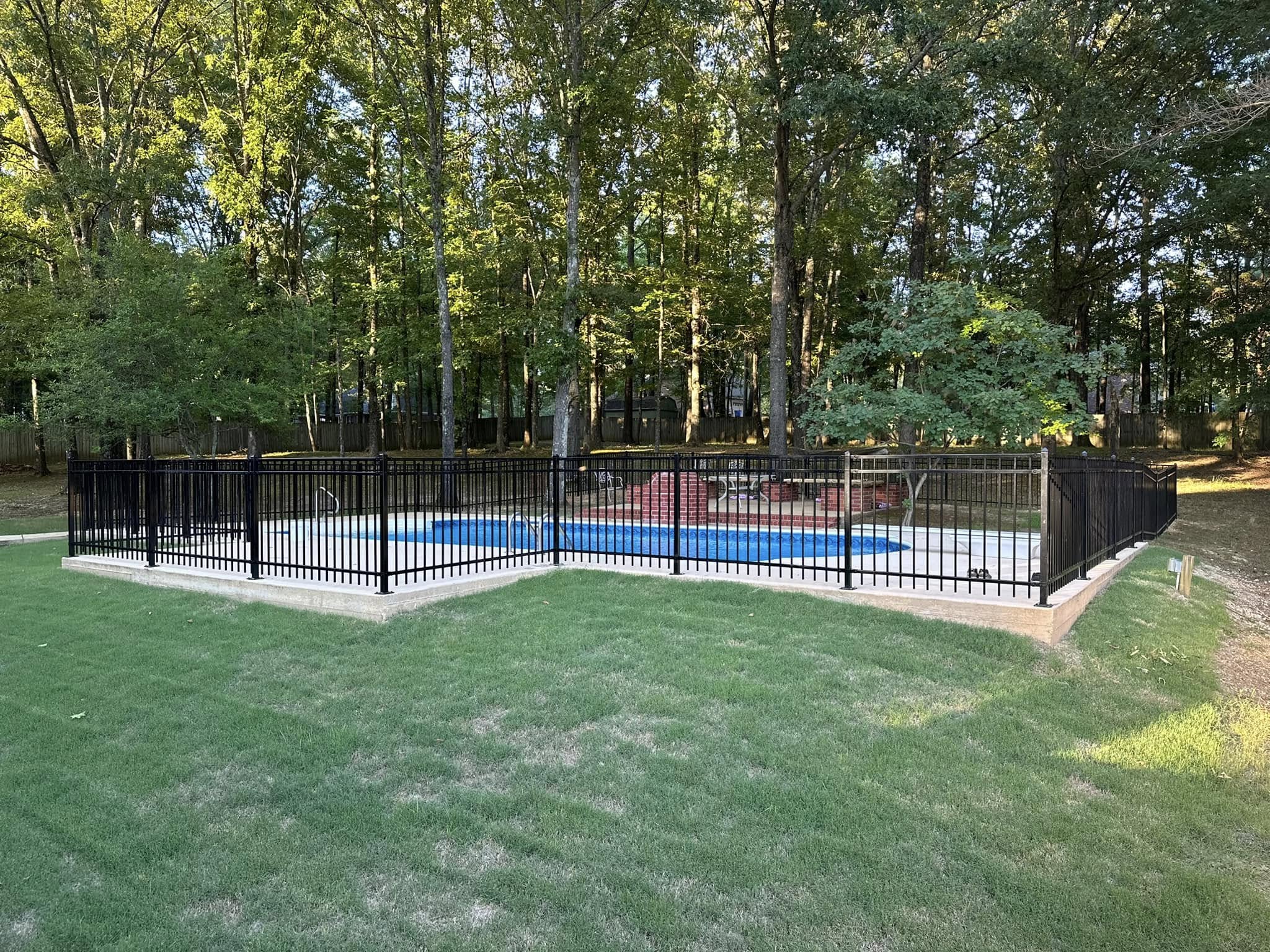
Choosing the Right Fence for Your Home: A Comprehensive Guide Aug 12, 2025
Fences come in various materials and each type offers unique advantages. The first decision is understanding what you want from your fence. Are you focused on privacy, security, aesthetics, or defining property lines? Analyzing your primary purpose will guide the material and style choice.
Wooden fences are a classic choice, praised for their natural appearance. They offer high levels of privacy and can be customized in terms of design and height. Cedar and redwood are popular for their durability and resistance to decay. Nevertheless, wood requires routine maintenance such as painting or staining to prolong its life and keep it looking fresh.
For those seeking minimal maintenance, vinyl fences present a practical alternative. Available in a variety of styles and colors, vinyl is resistant to pests and never needs painting. This option provides a long-term solution, perfect for homeowners seeking durability combined with aesthetic appeal. Although the initial cost is higher than wood, the long lifespan and low maintenance make it a worthwhile investment.
Metal fences, including aluminum and wrought iron, are optimal for security and ornamentation. Aluminum is less expensive and resistant to corrosion, while wrought iron provides a traditional and elegant look but requires regular upkeep to prevent rust. Both types are sturdy and can include decorative elements, adding a unique touch to your landscape.
If sustainability is your priority, consider composite fencing. Made from a mix of wood fibers and plastic, composite fences offer the appearance of wood but with enhanced longevity and fewer maintenance needs. This eco-friendly option can withstand harsh weather conditions, making it suitable for diverse climates.
Before finalizing your choice, consider local climate conditions and consult with professionals at Frontline Fencing LLC. Environmental factors like excessive moisture, intense sun, or high winds can impact the material's longevity. A knowledgeable team can advise on the most suitable material to withstand local weather elements.
Budget is another critical aspect. Set a realistic budget that includes not only the cost of materials but also installation and future maintenance. This foresight will prevent unexpected expenses and help you choose a fence that aligns with your financial plan.
Ensuring compliance with local zoning laws and homeowners' association regulations is essential before installation. Some communities have restrictions on fence height, color, and style. Verify these details early to avoid complications at later stages.
In conclusion, choosing the right fence for your home involves evaluating your priorities, understanding the characteristics of available materials, and considering your budget and local regulations. At Frontline Fencing LLC, our experienced team is ready to assist you with expert advice and high-quality installation. With careful planning and professional guidance, you can select a fence that enhances your property's value and security for years to come.
/filters:no_upscale()/media/0274edda-a37b-4847-b639-735b14d9a3be.jpeg)
/filters:no_upscale()/filters:format(webp)/media/61a294bb-6171-4a4b-b2e7-f875902a1d9c.jpeg)